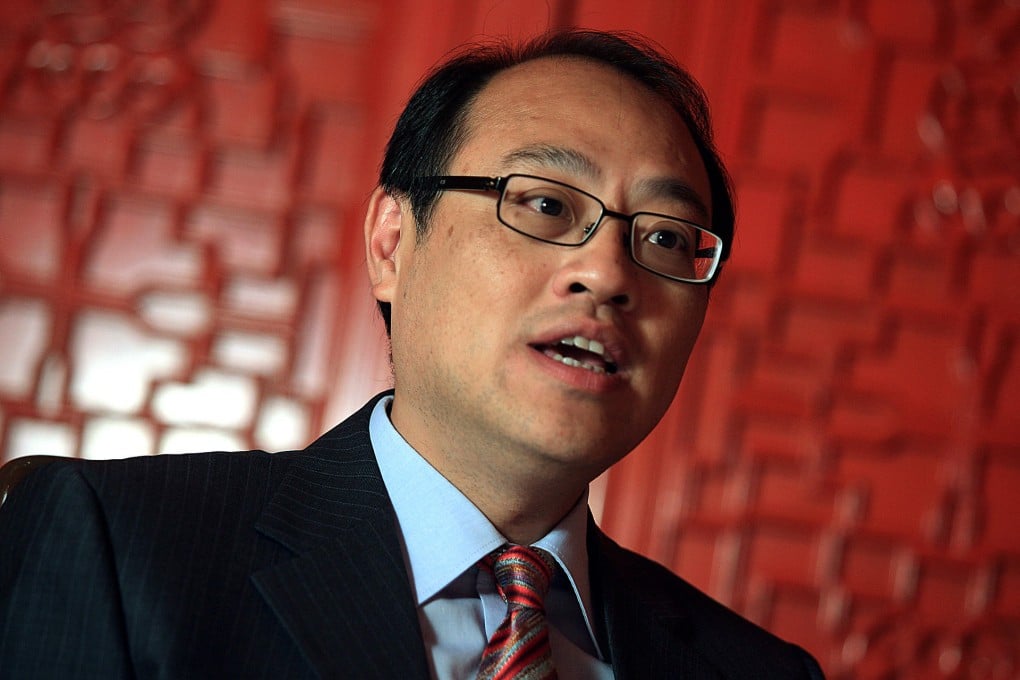Can trade-based seats continue to function?
Our four-part series on potential reforms for the 2016 Legco election concludes by looking at how functional constituencies could evolve

Lawmakers who represent trades and business sectors are faced with a difficult question ahead of the 2016 election: can they make their existence more palatable to the public at large?
While some of the 30 lawmakers admit that their seats need to have broader electorates and put votes in the hands of individuals rather than corporations to "increase the level of democracy", others support the status quo.
But political pundits doubt whether maintaining functional constituencies in any form will be compatible with universal suffrage, which Beijing has promised to deliver for Legislative Council elections from 2020.
Arrangements for 2016 are subject to a government consultation, which is also considering how universal suffrage can be implemented for the 2017 chief executive poll.
And some functional-seat lawmakers are considering allowing more people in the relevant sectors to vote or removing votes from corporations as a way to fend off criticism.
One of those facing up to the problem is Chan Kin-por, who represents the 130 companies that hold votes in the insurance sector. Chan suggests each of the companies could instead put forward 10 directors as voters.